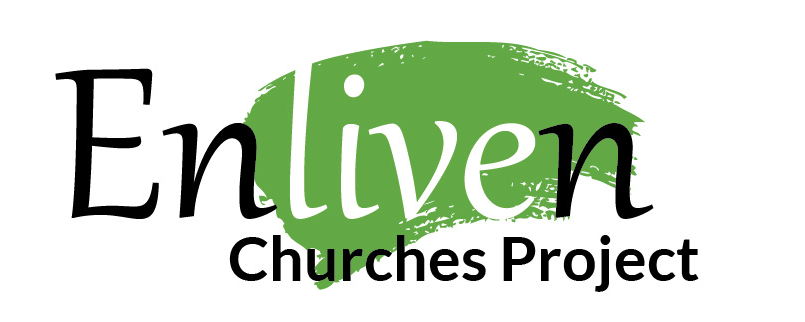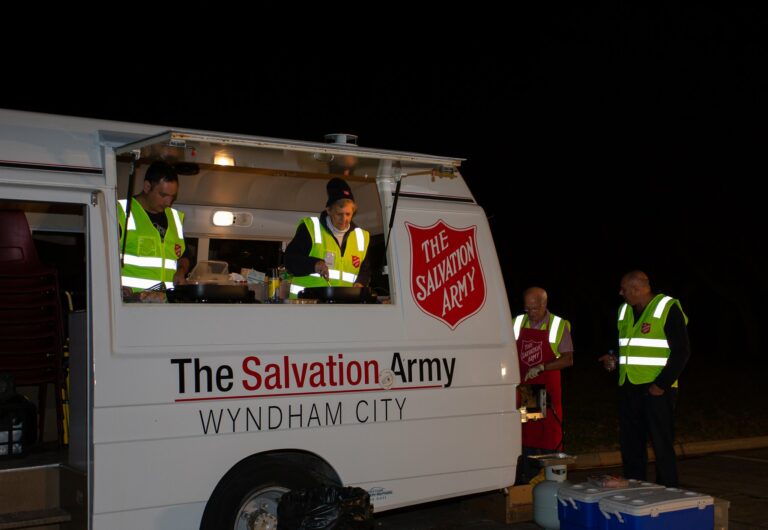Here’s an excerpt from our interview with EV Erina, whose leader Andrew Heard and his team, build their health and vitality through strategic actions such as this.
Read the conversation below.
AH: Last year we closed down the Saturday night service which had 360 people. So we closed it down, which was a great shock for many people, because why are you closing a church that’s bigger than almost every church? It was a tough decision, but we closed it down because we began to see it was hindering our ability to keep reaching new people. We took time to get everyone on board with it. It was a slow process and in the end we had everyone committed to it.
NCLS: Tell me more about that. Why do you think it was hindering you and how did you get people in agreement to close it?
It was a change management process. It’s something we were very intentional about. So we thought through working the change processes. Well, four reasons. So we had a ministry resource crisis, where the blanket was a single blanket on a double bed. And so we were struggling to get numbers of people in to resource the ministry across such a breadth of ministries, and the particular bind for us was children. So running three children’s ministry: two on Sunday morning, one Saturday night, was a double bed, and we could never quite get a double blanket. And we tried and tried and resolved in the end, it was a system problem, not a people-hearted problem. So there was a resource challenge.
There was a potential future ageing issue where having created a Saturday service, two morning services, and church plants, and an MTS program. Any young couple who met and married at night church, would ordinarily only have the two morning services to choose between as they made the move to a family service. Which meant we could ongoingly build the bottom end of our two morning services. But what we were doing was splitting that pool of young couples with a child into two morning services, one Saturday service, a church plant and Bible College.
So one fifth of the numbers of young couples with kids came into our morning service which meant it was ageing. We call our morning services a dam ministry and our night services, river ministries. So, you’re in the river ministry for six years, and then you’re out. Like youth ministry or university ministries are river ministries. Whereas your morning services, you enter and you are there for a long time. Which means they age. There’s is a potential for them to age in a way that river ministries don’t. So night services, it’s easy to keep a night service at the right average age, and we exacerbated the ageing of the morning by reducing the number of young couples going into it. So there was the second problem.
The third problem was a leadership question. The key leader for Saturday night was finishing up. And we weren’t sure that we could continue with the same energy. The fourth issue was the nature of Saturday services. There is some sense in which they can tend towards consumerist. There is, well, my discernment, there is very little information on this. But my discernment is that Saturday services, by their very nature, tend to create a community that doesn’t sacrifice and don’t give as much as a Sunday service. Why it might be so? Complicated. Good reasons. We were reaching further out people, but also creating less sacrificial culture. And that was, we were seeing that. Saturday didn’t give any as, per head it didn’t give as much. It didn’t serve as much in ministry. And so for present problems and long term anticipated problems, we saw that was going to hurt our work. And the feedback from the Ministry resource into a third kids ministry was that we couldn’t then resource our youth and young adults work like we wanted. So because we’re trying to stretch to make the kids ministry work, we then couldn’t resource youth, and night, so all three were struggling.
And so we decided…
Now, how do we sell it? How do we sell it? We went through a change management process, we just did the classic steps, we worked to persuade the senior executive staff, which is about seven leaders of staff to say that this was worth the pain because it would get us in a more healthy place.
Then we went from there to convince the whole of the staff. So the 35 staff. We had three days away with them to go through the whole issue, getting them engaged, discussed, debate…and finish that time with….I went around each one of them and said, ‘Out of five, are you convinced this is the right thing to do? Naught, no, five, yes’. And I asked the beginning of the session. And they were twos, threes. At the end of the three days, 35 people each and every single one said five. Some said five with tears. It’s quite an extraordinary time. Got a lot of buy in there of course.
Then we open it up to the Saturday service. And I ran a series of town hall meetings where I went through the reasons the four reasons why, and indicated that this is our conviction, but not our decision. And we wouldn’t do it unless.. I said ‘if more than 50% of you are unconvinced and think we all just keep going to Saturday, we’ll keep going. So we then had a plebiscite. One evening we all voted, a confidential vote, tallied it up, and the vast majority agreed we needed the change. We then made the decision. It was tough. We loved the service but we couldn’t have kept it going as it was. We closed down November the fourth I think it was. And we lost 15 people out of 275 adults.
NCLS: And they moved into the morning services?
AH: The great majority moved into the morning and night. And so I think 20 have gone to the night, the rest have gone to the morning service. So, we then had to do a change process with the morning, because suddenly there be 100 new people joining this service. And the kids ministry suddenly would have 60 new kids in each morning service. So that was another step.
And we communicated a new vision for Sunday morning as the new big family. So we gave it a positive, sought to express what could be done by being together now as a big family with the cousins you think are weird, the uncles who are weird, you know. So it’s been a great time. Good process.







